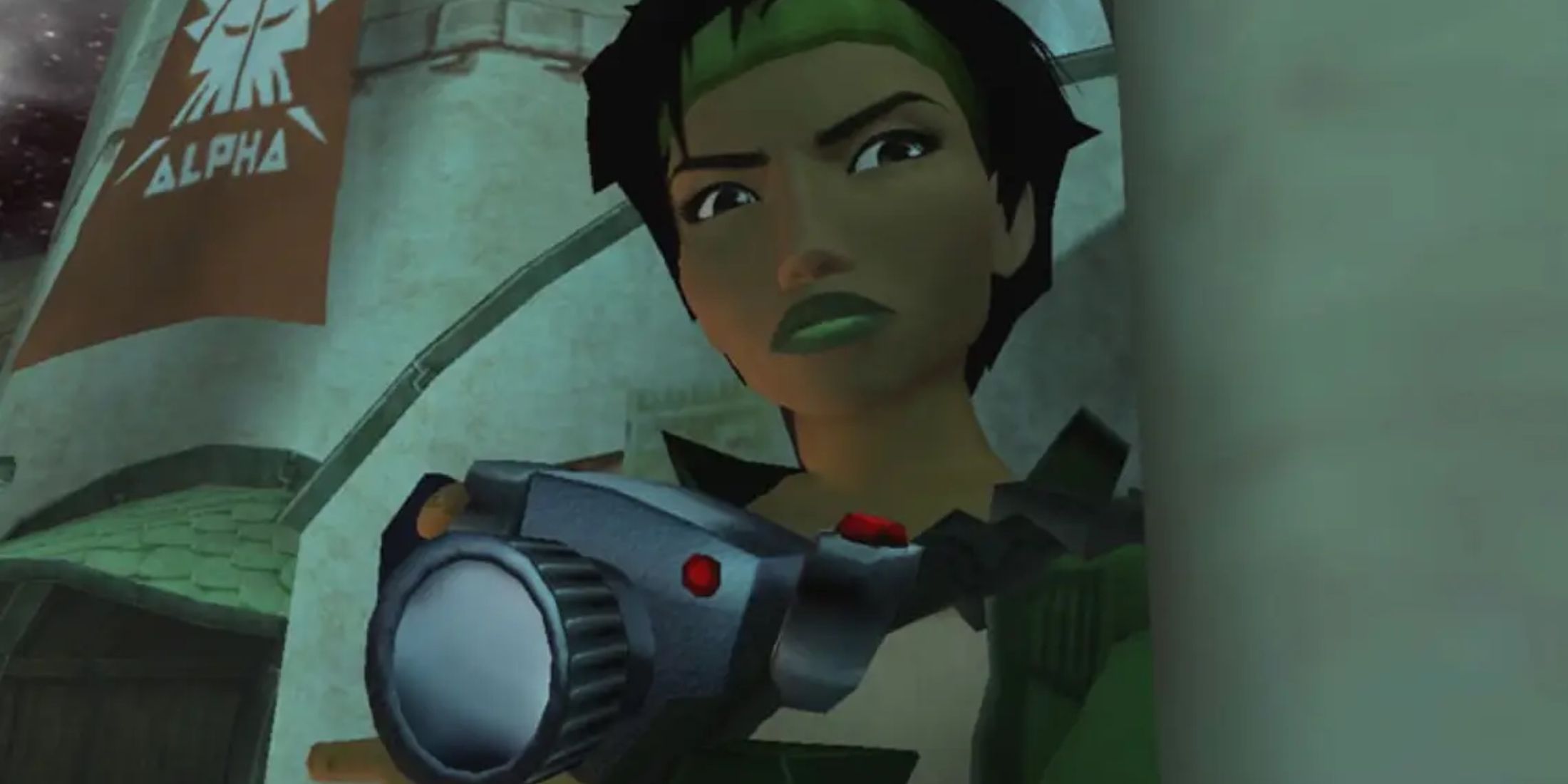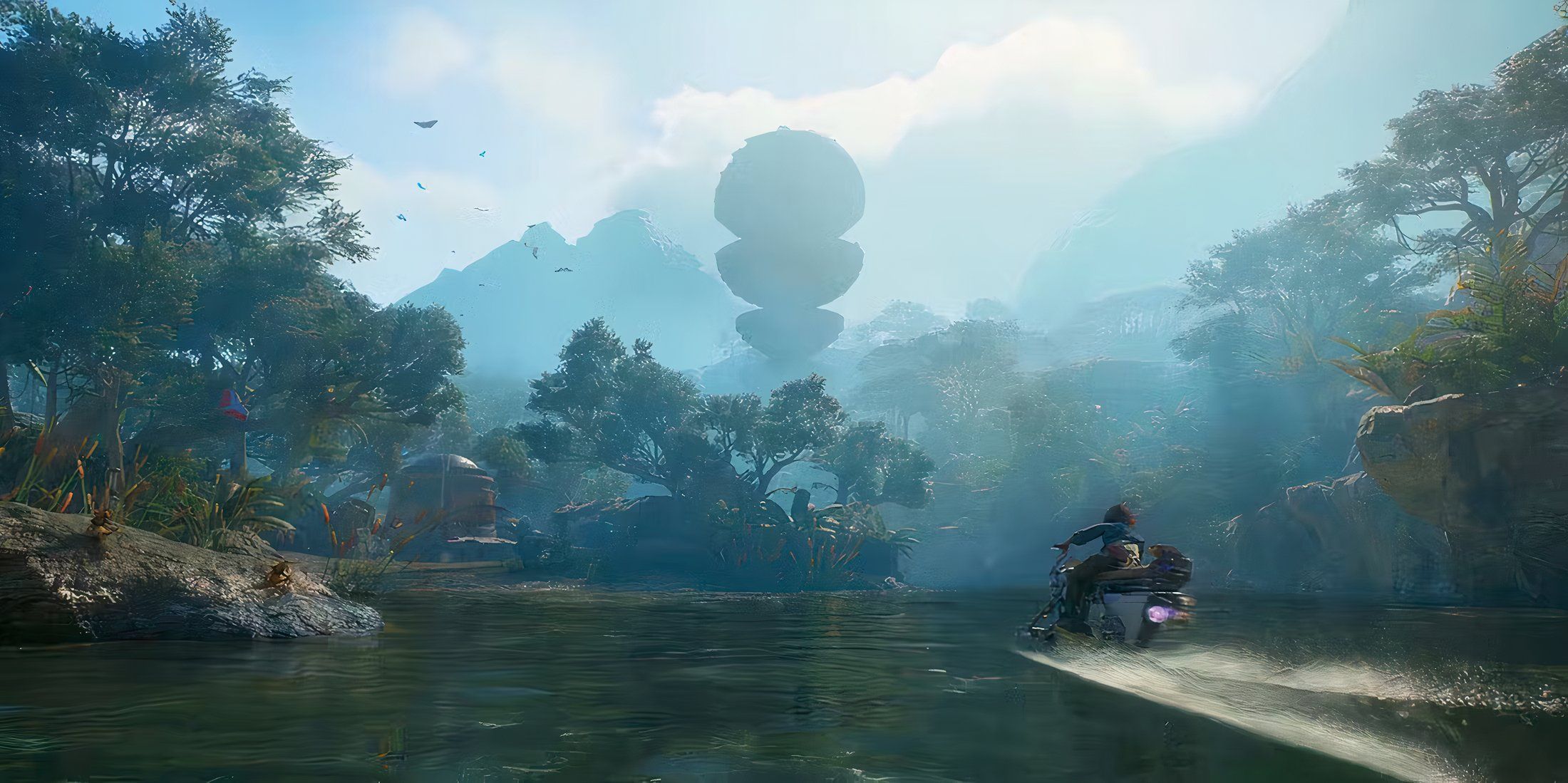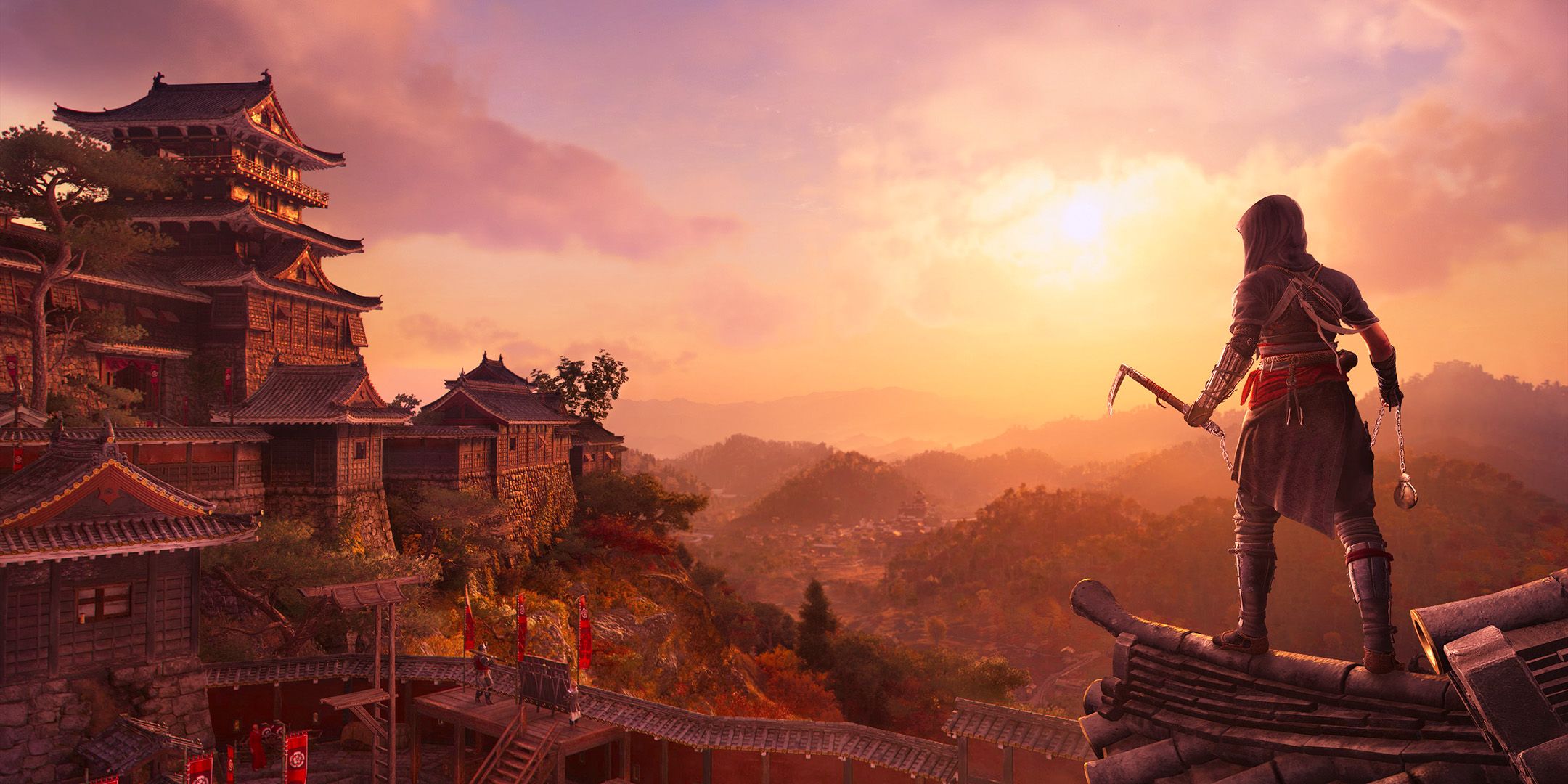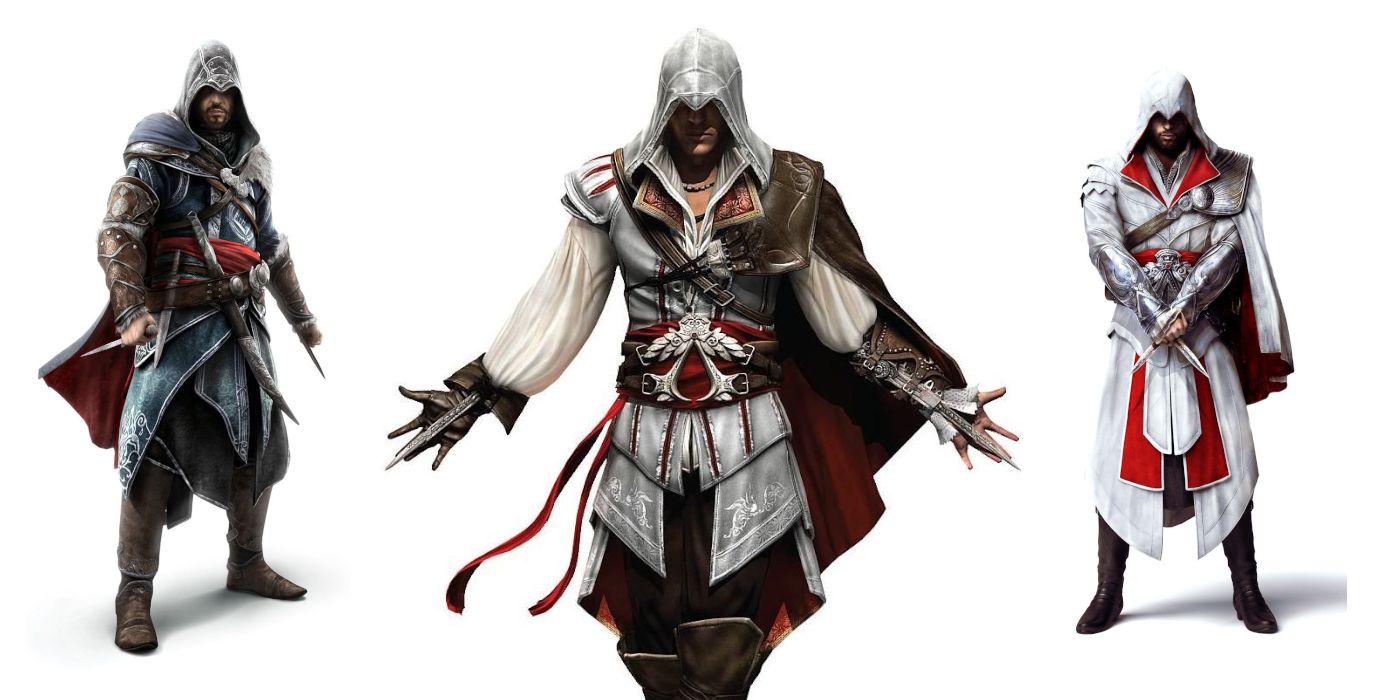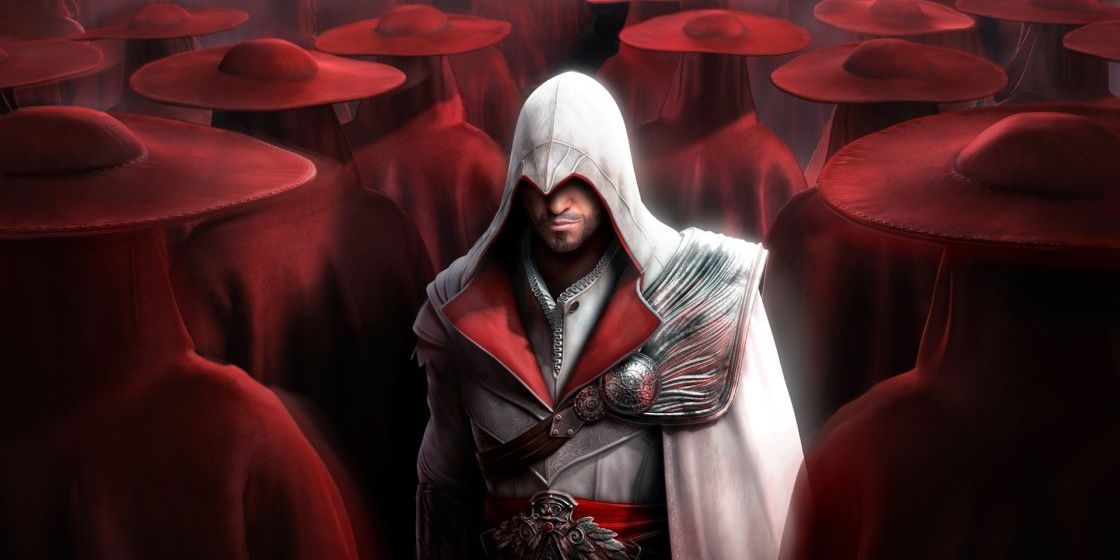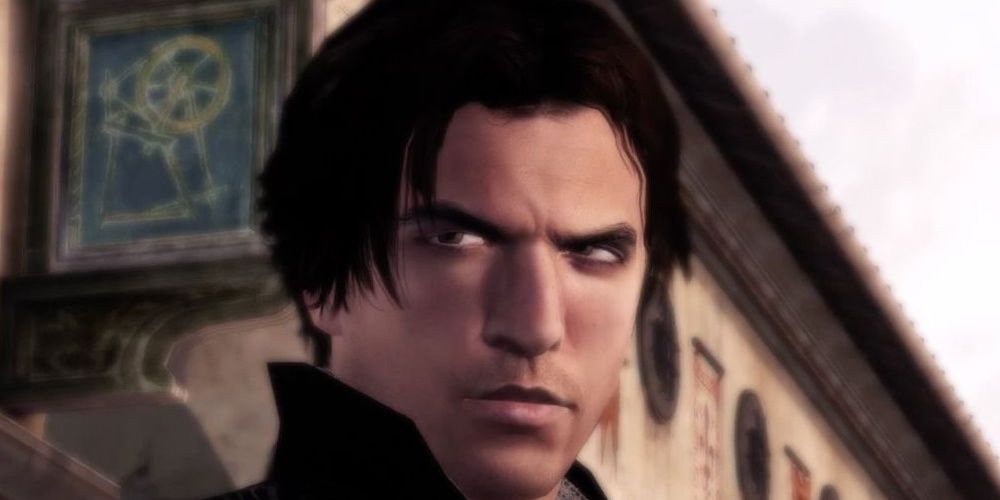Assassin’s Creed 2 is generally considered to be among the best games in the series, taking the formula established in the original Assassin’s Creed and combining it with one of the most compelling and tightly constructed video game stories ever told. Assassin's Creed 2 protagonist Ezio Auditore is the most frequently returning character in Assassins Creed, starring in AC2, Brotherhood, and Revelations due to the popularity of his character.
For awhile, Ezio was undoubtedly the main character of the franchise before the series turned to new protagonists to continue the series after his story had ended. Since then the games have missed one fundamental part of Assassin’s Creed 2’s storytelling that has made most of the protagonists pale in comparison to Ezio, and if the series is ever going to tell a story as compelling as Assassin’s Creed 2 again, there’s one big lesson it will need to learn about its heroes and their relationship with the Assassin-Templar conflict.
Ezio's Story
When Ezio’s story ended in Assassin’s Creed: Revelations, the franchise was at an impasse. It was important not to try and create a discount Ezio in the next game, but it was also important for that character to be as compelling. Unfortunately, Ubisoft missed one big thing that made Ezio work so well.
Ezio starts Assassin’s Creed 2 as a spoiled rich kid, and players get to spend a great deal of time with him before he discovers his Assassin heritage and becomes humbled. Through the Animus, players see everything from Ezio’s birth, to fighting with rival households with his brother as a teenager, to the execution of his brother and father that causes him to have to flee his hometown and take up the mantle of the Assassins in search of revenge. Ezio is never unlikeable, and one of his first major acts in the game is to stop Vieri de Pazzi assaulting Cristina Vespucci.
However, the game’s main inciting incident completely turns Ezio’s life upside down in a way that hasn’t been replicated with the other Assassin's Creed protagonists. Both Ezio and Connor, the protagonist of Assassin’s Creed 3, begin their journeys as Assassins as quests for revenge, but with Connor the burning of his village by what he believes to be Templar forces happens to him at such a young age that it’s hard to fully relate to his character when he’s spent so much of his life as an Assassin.
Ezio is nearly a fully grown man when his brother and father are hanged by the Borgia family, some of the best villains in gaming. There is far more of a sense that he is already his own character, rather than a blank slate for the Assassin’s Creed protagonist archetype to be imprinted upon. One of the big problems with Altair in the first game was that he was totally unrelatable – players only see him as an expert Assassin.
One of the things that works best about Ezio is that the entire Assassin and Templar conflict which overarches the entire series actually speaks very little to his character or personal motivations. While Connor is compelled to join the Assassins by the belief that the Templars must be stopped after he believes they burned his village, it is possible to remove all of the Assassin and Templar aspects of Assassin’s Creed 2 from the game and still have the main thrust of the plot driven by its characters in a way that few Assassin’s Creed games and their protagonists since have not been able to replicate since.
One risk the game developer Ubisoft has always faced when making Assassin’s Creed games after Revelations is that each game can find itself simply placing an arbitrary new character into the role of Assassin while a new Templar villain takes over. This can make the story unsatisfying because ultimately the balance of power in the Assassin-Templar conflict necessarily cannot shift too far in one direction or another if Ubisoft is going to continue the series.
The Assassins, the Templars, and Why They Shouldn't Matter
With Ezio Auditore, however, the main focus of the story is about his development from a hot-headed teenager to a young man bent on revenge and finally to a more cooled and reflective adult. The existence of the actual Assassin’s order helps flavor the plot and give backstory but is not as necessary to it as it would become in later games. Similarly, players can feel satisfied finally seeing the death of Rodrigo Borgia and it feels like the climax of the story even though the Templars themselves continue on, because Borgia is a character with motivations that could stand up in their own right detached from the Assassin-Templar conflict.
Both Borgia and Ezio, at least at first, are really just using the institutions of the Assassins and the Templars as means to their own goals. The fact that players aren’t as invested in the organizations but the characters in Assassin’s Creed 2 is what makes the sequel work so much better than the first game and most of the games that have come after Revelations. Even Revelations itself struggled to meet the acclaim of the previous two games once Borgia died in Brotherhood and Ezio was more interested in sustaining the Assassin order.
Even Shay in in Assassin’s Creed Rogue, who turns Templar to hunt down former Assassins after he’s betrayed by them, has a storyline which feels too deeply connected to the irreconcilable conflict between the Assassins and the Templars to feel truly satisfying. Going in, players know Shay will ultimately fail to destroy the Assassins, whereas Ezio’s main drive of revenge on Borgia could fail or succeed without implications for the conflict as a whole.
If Ubisoft wants to continue the series and find a new protagonist who can finally step out of Ezio Auditore’s shadow, the studio needs to write a story where the everlasting war between the Assassins and the Templars is not the main stake. That war, the games have shown, seems to expand across almost all of human history from AC Odyssey's Egypt to the modern day, and it’s likely that only a story where the conflict provides context but neither motivation nor payoff can succeed in creating a full character arc that actually feels resolved rather than being left to be picked up by the next Assassin in the series.
Assassin's Creed Valhalla releases November 10 for PC, PS4, Stadia, Xbox One, and Xbox Series X, with a PS5 version to follow on November 12.

